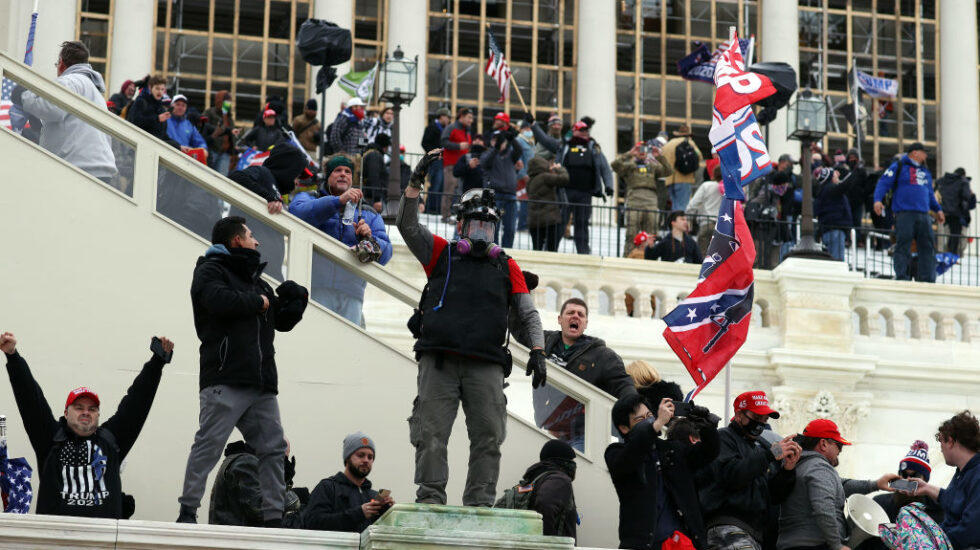The Defense Department wants to combat domestic extremism within the military ranks, an obvious reaction to the insurrection at the Capitol, where a few dozen veterans and several active members were in attendance. But there is concern that placing new restrictions on enlisted men and women’s interactions with far-right groups could spark legal challenges related to First Amendment rights.
Following the deadly Jan. 6 riot, Defense Secretary Lloyd Austin ordered the Defense Department to review the rules that govern the affiliations enlisted men and women have with anti-government and white supremacist groups. Those links are currently permissible under limited circumstances.
Secretary Austin created an extremism task force, made up of officials from across the Defense Department, to examine the regulations and recommend potential changes to military justice, rules on extremism and related issues that apply to uniformed military personnel, the Coast Guard and Defense Department civilians.
One possibility the task force is considering is possibly changing a regulation that currently prohibits troops from “active” participation in extremist organizations — that means no fundraising, no attending rallies and distributing propaganda — but permits what officials have called “passive” membership. That could include being admitted to far-right groups or possessing their literature. That is a fairly wide opening that has some wondering how that could possibly be in the best interests of national security.
Austin, the first African-American to lead the Pentagon and a retired General, is trying to walk a fine light between cracking down on white supremacy and protecting the basic rights of soldiers.
One unnamed Defense Dept. official told the Post that ultimately, a line in the sand needs to be drawn so that the troops understand the values the U.S. military believes in.
“And if that speech isn’t in line with our values, then it makes it arguably impossible for that individual to be a good teammate and to be in line with the good order and discipline of units.”
Whatever changes are made, if any, will very likely raise questions about the impact any new regulations have on the First Amendment rights of service members to voice opinions, no matter how offensive they may be. Because this is a part of the law that has not really been challenged in the past, there is worry from Pentagon lawyers that it could open the proverbial Pandora’s box.



